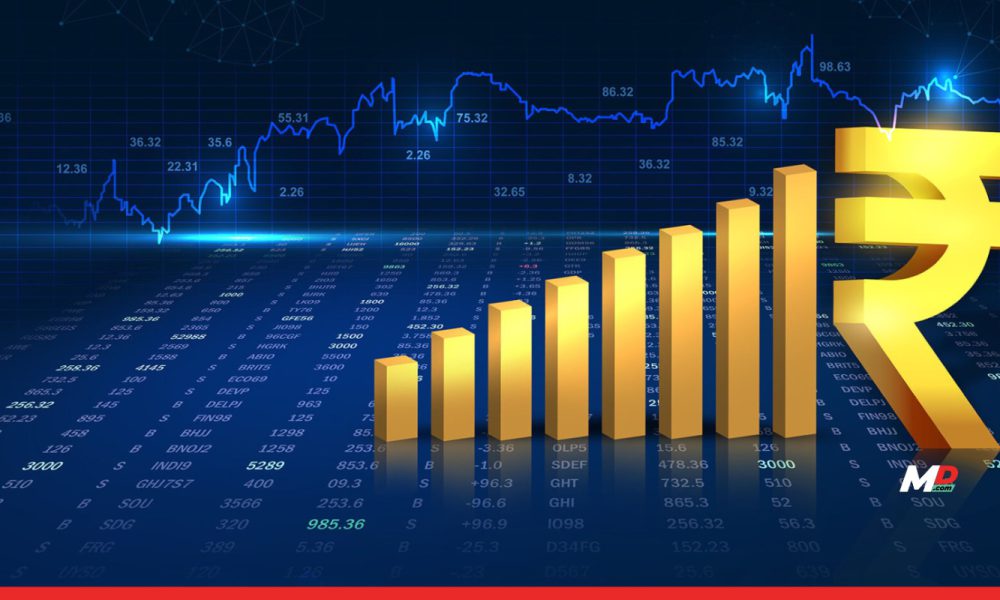
Understanding what drives stock prices is a fundamental aspect of grasping stock market basics in India. Whether you’re a novice investor or have been trading for years, knowing the key factors influencing stock prices in the Indian market can help you make more informed investment decisions. In this blog, we’ll explore the core elements that drive stock prices, with examples specific to the Indian context.
Supply and Demand
The basic economic principle of supply and demand lies at the heart of the stock market. For instance, consider a leading Indian IT company like Infosys. If 10,000 investors are looking to buy shares of Infosys, but only 5,000 shares are available for sale, the increased demand could push the stock price up from ₹1,500 to ₹1,750 per share. Conversely, if the company faces a setback, like losing a major client, and 10,000 investors want to sell their shares while only 5,000 buyers are interested, the price could drop to ₹1,250 per share.
Company Performance
The performance of the company issuing the stock is a significant driver of its stock price. Suppose Reliance Industries announces a quarterly profit of ₹15,000 crores, beating market expectations of ₹12,000 crores. This positive performance might cause its stock price to jump from ₹2,400 to ₹2,800 in a single day, reflecting investor confidence in the company’s future. On the other hand, if Reliance misses its earnings target, reporting only ₹10,000 crores, the stock price could plummet from ₹2,400 to ₹2,000 as investors reassess the company’s growth potential.
Economic Indicators
Economic indicators such as interest rates, inflation, and GDP growth are crucial in shaping India’s stock market basics. For example, if the Reserve Bank of India (RBI) cuts the repo rate from 6% to 5%, borrowing might be cheaper for companies like Tata Motors, boosting their growth potential. As a result, Tata Motors’ stock price might rise from ₹450 to ₹520 as investors anticipate higher future profits. Conversely, if inflation increases from 4% to 6%, consumer spending might decrease, leading to a drop in revenue for FMCG companies like Hindustan Unilever, causing their stock prices to decline.
Market Sentiment
Market sentiment refers to the overall attitude of investors toward a particular market or stock. Imagine that a major news outlet reports that the Indian government is planning to introduce favorable regulations for the renewable energy sector. As a result, shares of companies like Adani Green Energy might surge from ₹1,200 to ₹1,500 as investors become optimistic about the sector’s future prospects. However, if another report suggests that these regulations might face delays, investor sentiment could quickly turn negative, causing Adani Green Energy’s stock price to fall back to ₹1,100.
External Events
Global and domestic events, such as political developments, natural disasters, or economic policies, can impact stock prices immediately and profoundly. For example, during the COVID-19 pandemic, Indian pharmaceutical companies like Cipla and Dr. Reddy’s saw their stock prices rise by 20-30% due to increased demand for healthcare products. However, during political instability, such as elections or policy changes, companies with significant government contracts might experience a decline in stock prices due to uncertainty. Hence if invested wisely, one can benefit from the power of compounding.
Market Speculation
Speculation involves trading based on expectations of future price movements rather than fundamental analysis. For instance, if rumors circulate that a small-cap Indian tech company is about to secure a large contract from the government, speculators might drive the stock price up from ₹100 to ₹300 in a matter of days, despite no official news. However, if the contract doesn’t materialize or if there’s negative news, the stock price could crash back to ₹80, leaving speculative investors with significant losses. If you are thinking of entering the game of market speculation, a stocks screener can be a nifty tool for you.
Conclusion
Understanding what drives stock prices is essential for investing in the Indian stock market. By paying attention to supply and demand, company performance, economic indicators, market sentiment, external events, and speculation, you can better navigate the market’s complexities. Whether you’re a beginner learning the stock market basics or an experienced investor, keeping these factors in mind will help you make informed investment decisions.
FAQs
- What is the stock market, and how does it work in India? The stock market in India is a platform where investors buy and sell shares of publicly traded companies like those listed on the NSE (National Stock Exchange) or BSE (Bombay Stock Exchange). It operates on the principles of supply and demand, with stock prices fluctuating based on factors such as company performance, economic indicators, and market sentiment.
- How do economic indicators affect stock prices in India? Financial indicators like the RBI’s interest rates, inflation, and GDP growth can significantly impact stock prices. For example, lower interest rates may boost company profits by reducing borrowing costs, leading to higher stock prices.
- Why do stock prices change so frequently in India? Stock prices change frequently due to the constant flow of new information that affects investor perceptions of a stock’s value. This includes company earnings reports, economic data, and global or domestic events.
- What role does market sentiment play in stock price movements? The market sentiment reflects investors’ attitude toward a particular market or stock. Positive sentiment can drive prices up, while negative sentiment can lead to price declines.

